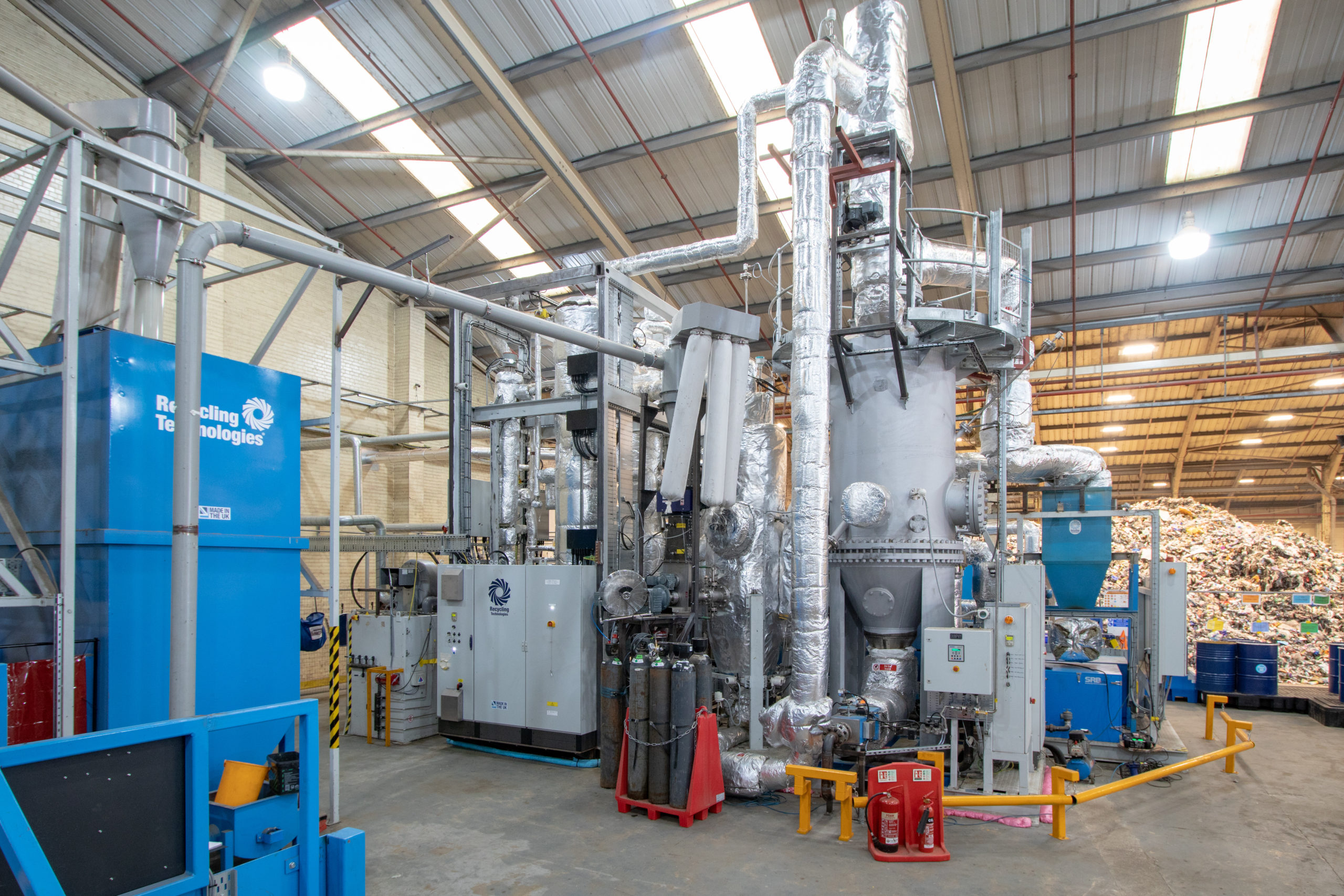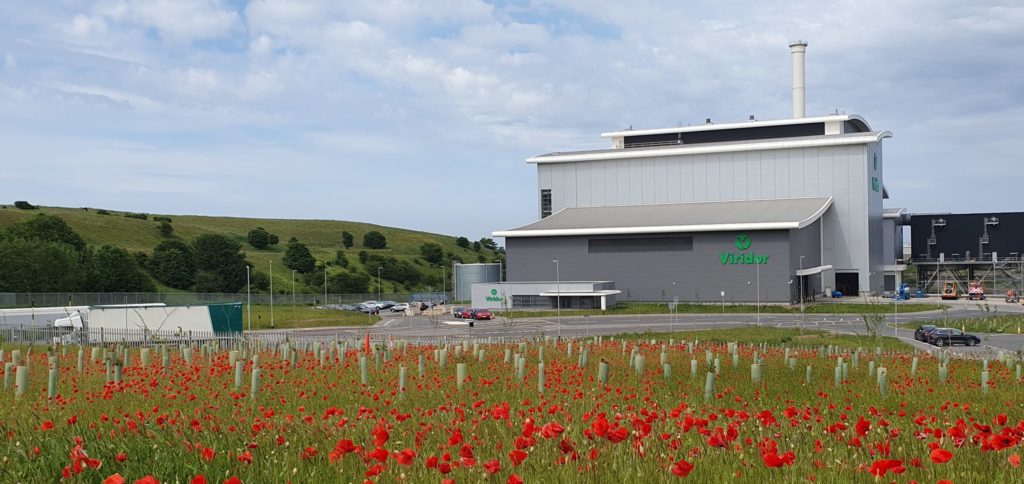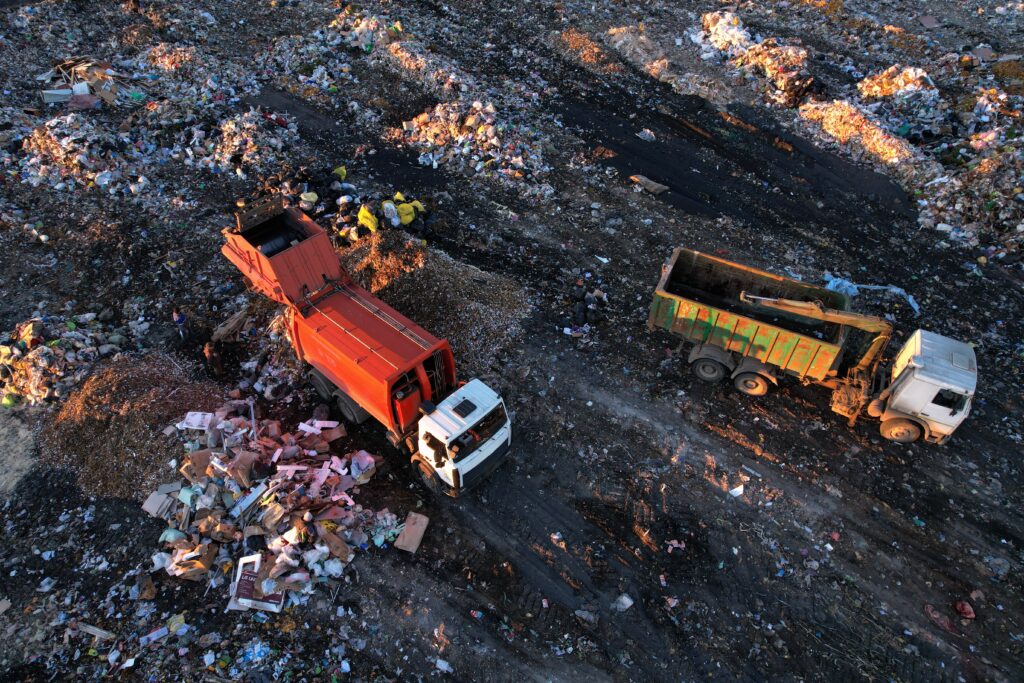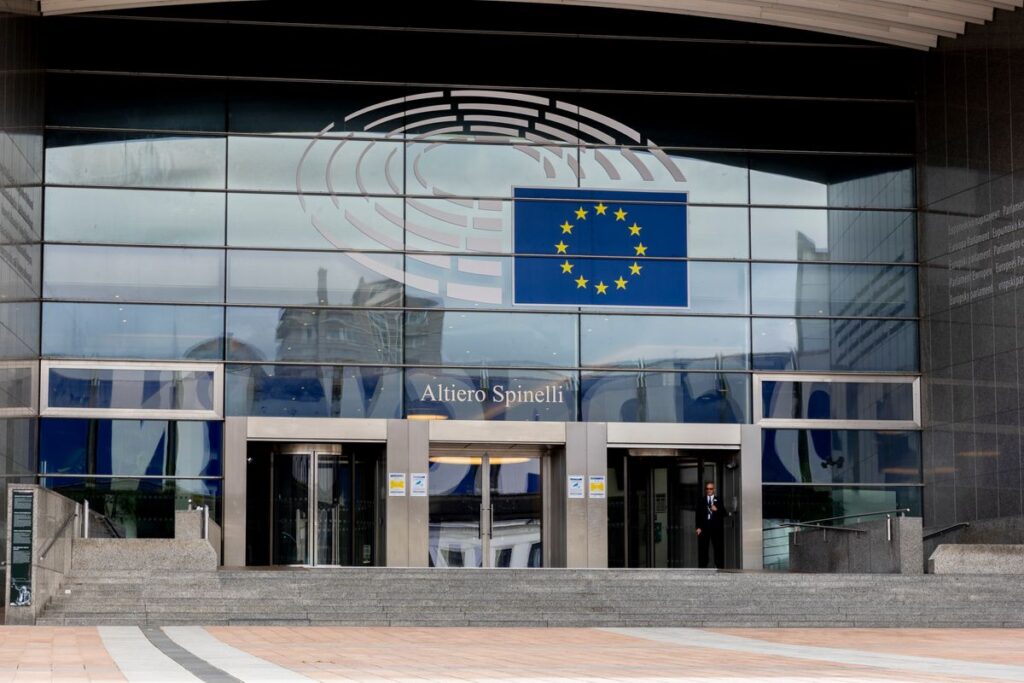Resource Management Association Scotland (RMAS), whose members range from skip hire firms to RDF producers, says that such a tax would “drive energy efficiency improvements and improve carbon performance”.
The call was made as part of RMAS’s submission to the Scottish Government’s review of incineration, which is being led by the former CIWM chief Dr Colin Church.
According to the Scottish government, there are six operational municipal waste energy from waste (EfW) plants in the country.
Two of these are owned by Viridor in Dunbar and Glasgow, while the others are operated by FCC, Levenseat, MVV, and Shetland council.
RMAS is calling for a scheme that incentivises and rewards the reduction of fossil-derived carbon emissions
- Angus Hamilton, Levenseat
Angus Hamilton, RMAS member and managing director of Levenseat, which operates a plant near Lanark, said: “We need a multi-faceted waste strategy which focuses on behavioural change from all waste producers, including consumers.
“We also need to explore changes to the planning regime to enable the building of integrated facilities that can provide energy for local housing developments and businesses.
“With further Scottish Government investment to aid development of heat distribution networks, these plants could deliver real value for local communities.
“To support these aims, RMAS is calling for a scheme that incentivises and rewards the reduction of fossil-derived carbon emissions and drives energy efficiency improvements. This will ensure a focus on resource management and role the sector has in achieving net zero.”
Submission
In its submission to the review, RMAS says it believes “the issues of greatest relevance to the carbon performance of incineration relate firstly to the volume of residual waste”.

The organisation is calling for a residual waste reduction strategy with a “concerted education programme for consumers and other waste producers focusing on behavioural change as well as alternative material and product design choices”.
RMAS has also set out the need to reduce the carbon intensity of residual waste by removing non-biogenic carbon, the majority of which is in the form of plastics.
It cited the example of Project Beacon, where Recycling Technolgies and others will form a plant at RMAS member Binn Group’s Eco Park in Perthshire, converting difficult to recycle plastics back to oil.
Responsibility
John Ferguson, co-chair of the RMAS technical and innovation group, said: “Our members fully understand their responsibility towards the planet and, rather than resisting change, we aim to be a voice of conscience in reducing emissions.

“Mechanisms such as a carbon tax or inclusion of incineration in the UK Emission Trading Scheme reflect that ethos and properly designed, to take into account the wider societal duties of our sector to manage residual waste safely, could create strong fiscal drivers to reduce both the carbon intensity of residual waste and increase energy use efficiency from incineration. This would serve as another useful tool to incentivise further green investment from within our industry.
“RMAS believes this is a whole system problem that can be fixed to ensure the resource management sector remains able to provide vital services which protect human health and the environment while conserving resources.”









Subscribe for free